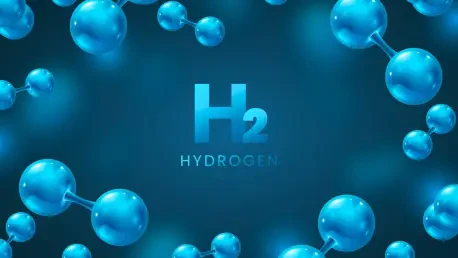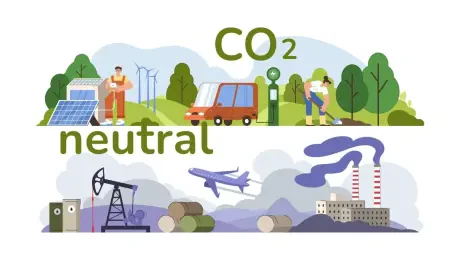
In an era where industries face mounting pressure to reduce environmental impact, one company stands out as a beacon of progress in the specialty chemicals sector. Himadri Speciality Chemical Ltd (HSCL), a global frontrunner in advanced materials and chemicals, has recently achieved a

Introduction Imagine a world where the massive cargo ships crisscrossing the oceans, carrying over 80% of global trade, no longer contribute to the planet's greenhouse gas emissions, and this vision is becoming a tangible goal as the maritime industry faces immense pressure to decarbonize amid

The Intersection of Mining and Renewable Energy in Saudi Arabia Imagine a vast desert landscape where the relentless sun powers not just life but also one of the most energy-intensive industries—mining. In Saudi Arabia, this vision is becoming a reality through a groundbreaking partnership between

I'm thrilled to sit down with Christopher Hailstone, a renowned expert in energy management and renewable energy solutions. With his deep knowledge of electricity delivery and grid reliability, Christopher provides critical insights into the pressing challenges of decarbonizing key industries.

The European Energy Transition: Ambition and Reality Europe stands at a critical juncture in its quest to redefine global energy standards, with renewable sources like wind and solar now accounting for over one-third of the electricity mix, surpassing coal as a primary power source. This remarkable

Introduction to India’s Green Hydrogen Ambition Imagine a future where India, a nation with vast industrial might, powers its refineries, steel plants, and cement factories with clean, sustainable energy, slashing carbon emissions on a global scale, while paving the way for a greener tomorrow. This